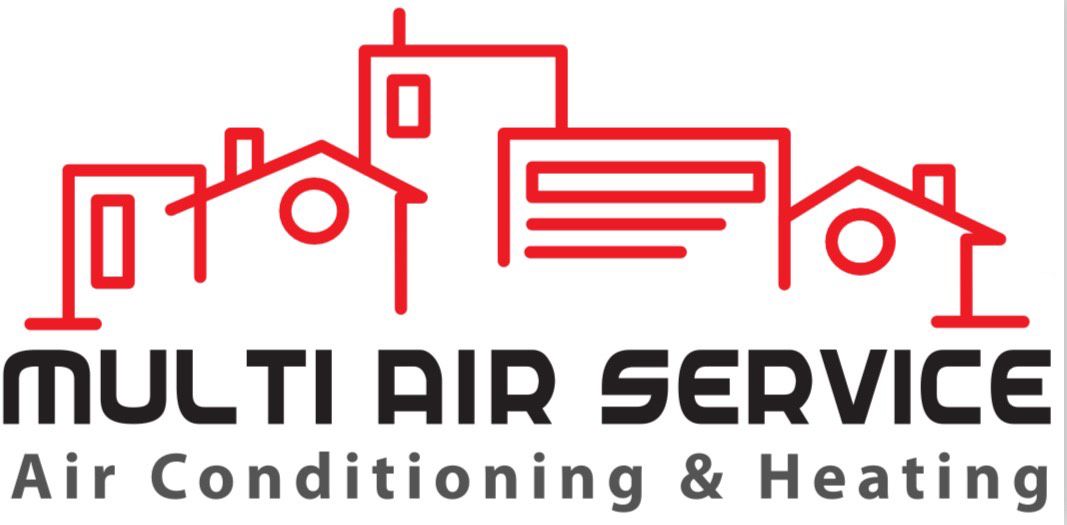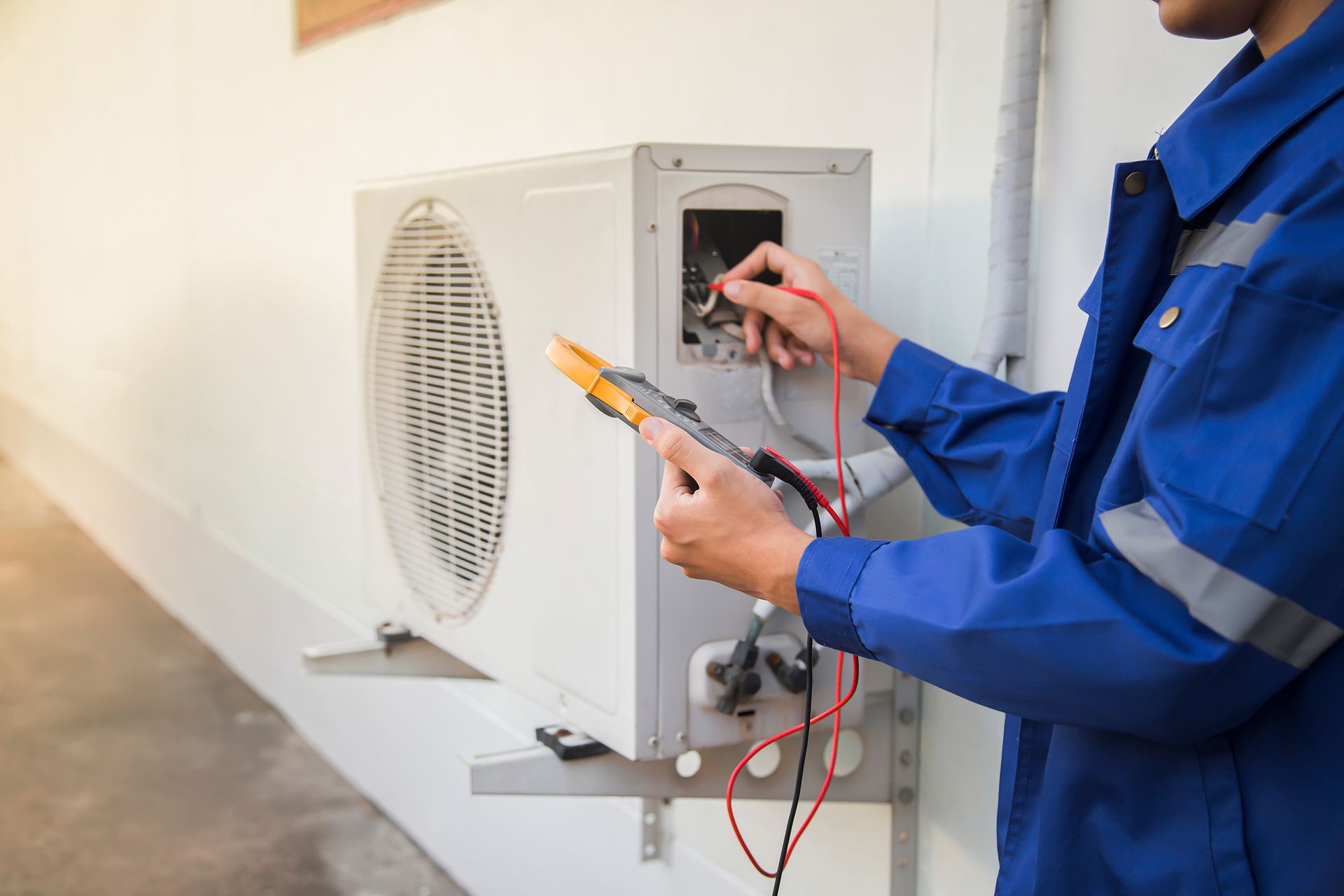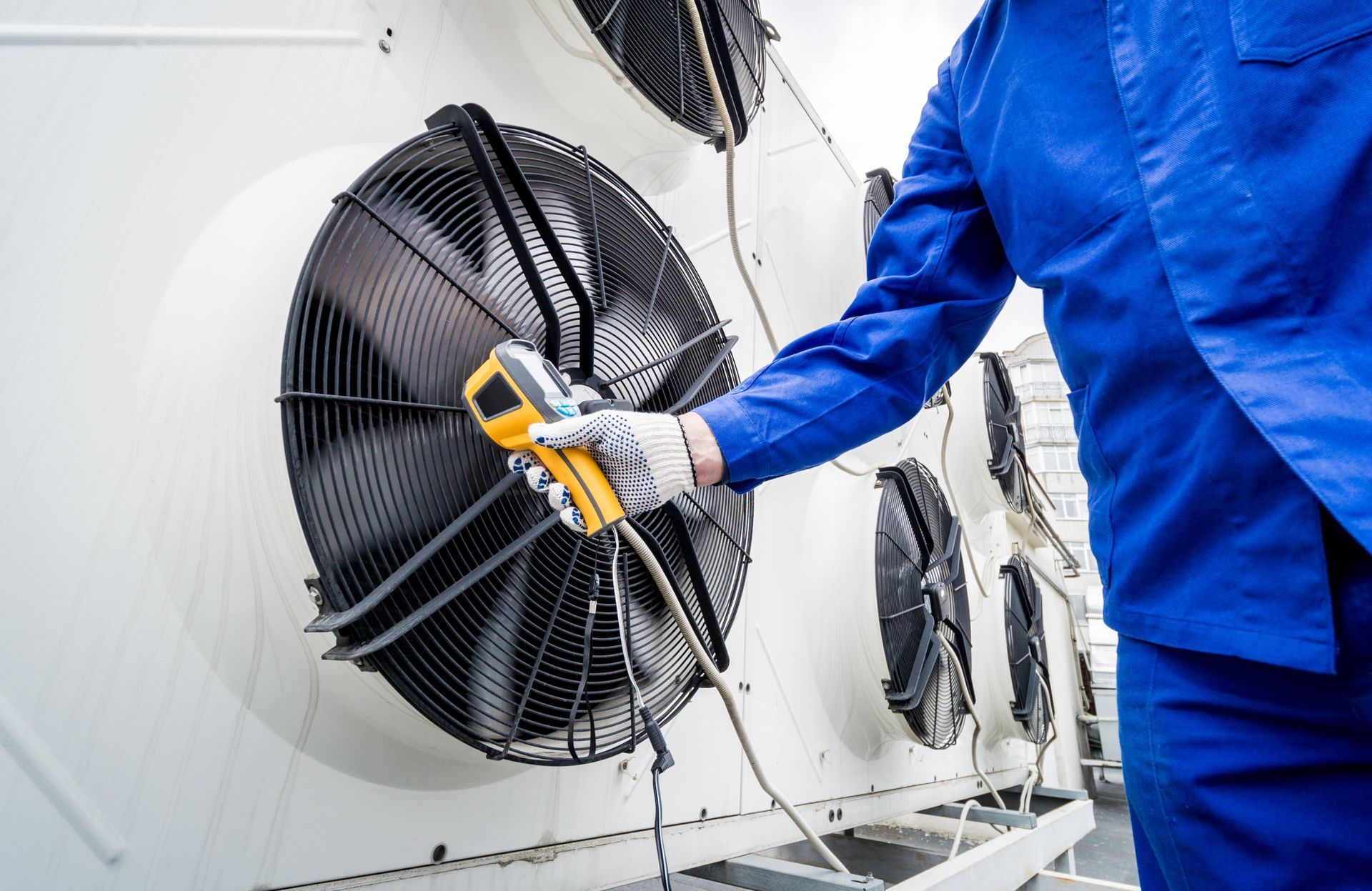
How to Choose the Right HVAC System for Your Home or Commercial Space
Selecting the right HVAC system requires careful consideration of size, energy efficiency, and installation requirements. Whether upgrading your home or business, working with a reputable HVAC company in Pasadena ensures you get a system tailored to your needs. Commercial properties may require custom commercial kitchen ventilation solutions to maintain proper airflow and safety. From heat pumps to central air systems, professional guidance helps you choose the best option for comfort and efficiency. Proper installation and maintenance ensure long-term performance and cost savings.
Choosing the right HVAC system is essential for keeping your space comfortable year-round, whether it’s your home or a business. With so many options available, it can feel overwhelming to find the perfect fit.
Factors like energy efficiency, size, and climate should all be considered before making a decision. For businesses, investing in the right system can save energy costs and improve productivity.
If you're looking for reliable commercial HVAC services in Pasadena CA, this guide will help you make an informed choice.
From understanding your specific needs to exploring energy-efficient options, we’ll cover the key points to ensure you select the best system for your space.
Understanding the Different HVAC Systems Available
The first step in choosing the right HVAC system is understanding the types available. Each type of system has its own set of advantages, ideal use cases, and limitations.
1. Central HVAC Systems
Central systems are among the most common options for both residential and commercial spaces. They utilize ducts to distribute heated or cooled air throughout the building.
Pros:
Provides consistent heating and cooling for the entire space.
Can integrate with air purifiers or humidifiers for improved air quality.
Cons:
Requires ductwork, which can be costly to install or repair.
Not ideal for smaller spaces where duct installation isn't practical.
2. Ductless HVAC Systems (Mini-Splits)
Ductless systems are perfect for those looking to heat or cool individual rooms without the use of ducts.
Pros:
Energy-efficient and easy to install.
Provides zoned heating and cooling for different rooms.
Cons:
Generally more expensive per unit compared to central systems.
Can look less visually appealing due to wall-mounted indoor units.
3. Geothermal HVAC Systems
Geothermal systems use the earth’s natural temperature to regulate indoor climate. These are gaining popularity for their eco-friendliness and long-term cost efficiency.
Pros:
Extremely energy-efficient and environmentally friendly.
Offers substantial savings over time despite higher initial costs.
Cons:
High installation costs due to the need for underground pipes.
Limited availability and feasibility, depending on your location.
By understanding these systems, you can begin narrowing down which type best suits your space and needs.
Factors to Consider When Choosing an HVAC System
Choosing the right HVAC system isn’t just about the price tag. There are several critical factors to evaluate before making a decision:
1. Size of the System
One of the most common mistakes is choosing an HVAC system that’s either too large or too small. An oversized system wastes energy, while an undersized one struggles to maintain a comfortable temperature.
- Conduct a professional load calculation to determine the ideal capacity for your space.
- Ensure that the system can handle your climate and insulation levels.
2. Energy Efficiency
Energy-efficient HVAC systems consume less power, which reduces utility bills and helps the environment. Look for systems with high Seasonal Energy Efficiency Ratio (SEER) and Energy Efficiency Ratio (EER) ratings. More on this later.
3. Cost
Consider both the initial and ongoing costs:
- Initial costs include the purchase price and installation fee.
- Ongoing costs cover maintenance, energy consumption, and potential repairs.
Investing in a high-efficiency system might save you more in the long run despite a higher upfront cost.
4. Environmental Impact
If going green is a priority, explore systems like geothermal setups or those running on eco-friendly refrigerants. These systems not only help save energy but also align with sustainable practices.
Tailoring Your HVAC System to Your Home or Commercial Space
The needs of a small home differ significantly from those of a busy office or industrial warehouse. Tailoring your HVAC system to your specific space ensures optimal performance and comfort.
1. Residential Homes
For homes, space constraints and personal comfort preferences are paramount. Ductless systems often work well in older homes without pre-installed ductwork, while central systems can suit modern builds.
2. Commercial Spaces
Businesses often require larger, more powerful HVAC setups capable of heating and cooling larger areas or zones. Geothermal systems, although pricier, can be especially beneficial for commercial spaces due to their energy-saving potential over time.
3. Specialized Requirements
Schools, healthcare facilities, and industrial spaces may have unique requirements such as precise temperature control, humidity regulation, or air sanitation. Be sure to account for these factors during system selection.
The Role of Energy Efficiency Ratings in HVAC Systems
Energy efficiency ratings can simplify your decision, especially when narrowing down between two systems with similar features. Here’s what the key ratings mean:
- SEER (Seasonal Energy Efficiency Ratio): This measures a system’s cooling efficiency. The higher the SEER, the more energy you save.
- EER (Energy Efficiency Ratio): Similar to SEER but focuses on steady-state performance in a consistent environment.
- HSPF (Heating Seasonal Performance Factor): Applies to heating systems and reflects their efficiency across a season.
When possible, choose systems certified by ENERGY STAR, as they meet stringent efficiency and environmental standards.
How to Select an HVAC Contractor for Installation and Maintenance
Finding the right HVAC contractor is crucial for a seamless installation and long-term system performance. Look for licensed and insured professionals with a strong reputation in your area. If you need furnace installation in Pasadena, choose a contractor with experience in energy-efficient systems. Additionally, for commercial spaces, opt for experts in commercial kitchen ventilation services to ensure proper airflow and compliance with safety regulations. A good contractor will provide upfront pricing, warranties, and ongoing maintenance plans to keep your system in top shape. Prioritizing expertise and reliability ensures a smooth HVAC experience for your home or business.
Even the best HVAC system won’t perform well without proper installation. Partnering with a credible contractor is vital for long-term efficiency and reliability.
- Research Credentials: Ensure your contractor is licensed, bonded, and insured.
- Check Reviews: Look for customer testimonials and ratings. A highly rated contractor is more likely to deliver quality service.
- Get Multiple Quotes: Comparing estimates ensures you’re getting the best deal without compromising quality.
A good contractor will also provide a maintenance plan to extend your system’s lifespan and keep it running efficiently.
Future Trends in HVAC Technology and Future-Proofing Your System
HVAC technology continues to evolve, making it important to invest in a system that won’t become obsolete in a few years. Key trends include:
- Smart HVAC Systems: These can be controlled via mobile apps and integrate seamlessly with smart home technology.
- Variable Refrigerant Flow (VRF): This technology provides precise temperature control for specific zones, offering maximum comfort and efficiency.
- Eco-Friendly Refrigerants: New refrigerants have lower global warming potential, adhering to stricter environmental regulations.
Future-proofing your system might also include ensuring compatibility with renewable energy sources, such as solar power.
Make an Informed Choice for Long-Term Comfort and Savings
Choosing the right HVAC system is an investment in your comfort, energy efficiency, and future savings. By evaluating your home or commercial space’s needs, factoring in energy efficiency ratings, and working with a trusted contractor, you can make a choice that suits both your functionality and budget requirements.
If you’re still unsure about where to start, consult an HVAC professional to guide you through the options. A little extra effort today will lead to years of comfort and cost savings.
Have questions about the perfect HVAC solution for you? Contact us today.
Multi Air Service
Contact
Multi Air Service LLC today for tailored HVAC solutions that meet your specific needs. As a family-owned company, we take pride in delivering exceptional quality, integrity, and customer-focused service. Trust your local HVAC experts in Pasadena to provide reliable comfort and energy-efficient solutions for your home or business. Experience the Multi Air Service LLC difference!
Pasadena, CA91107
United States
LIC#1026812 C-20
- Mon - Sat
- -
- Sunday
- Closed


